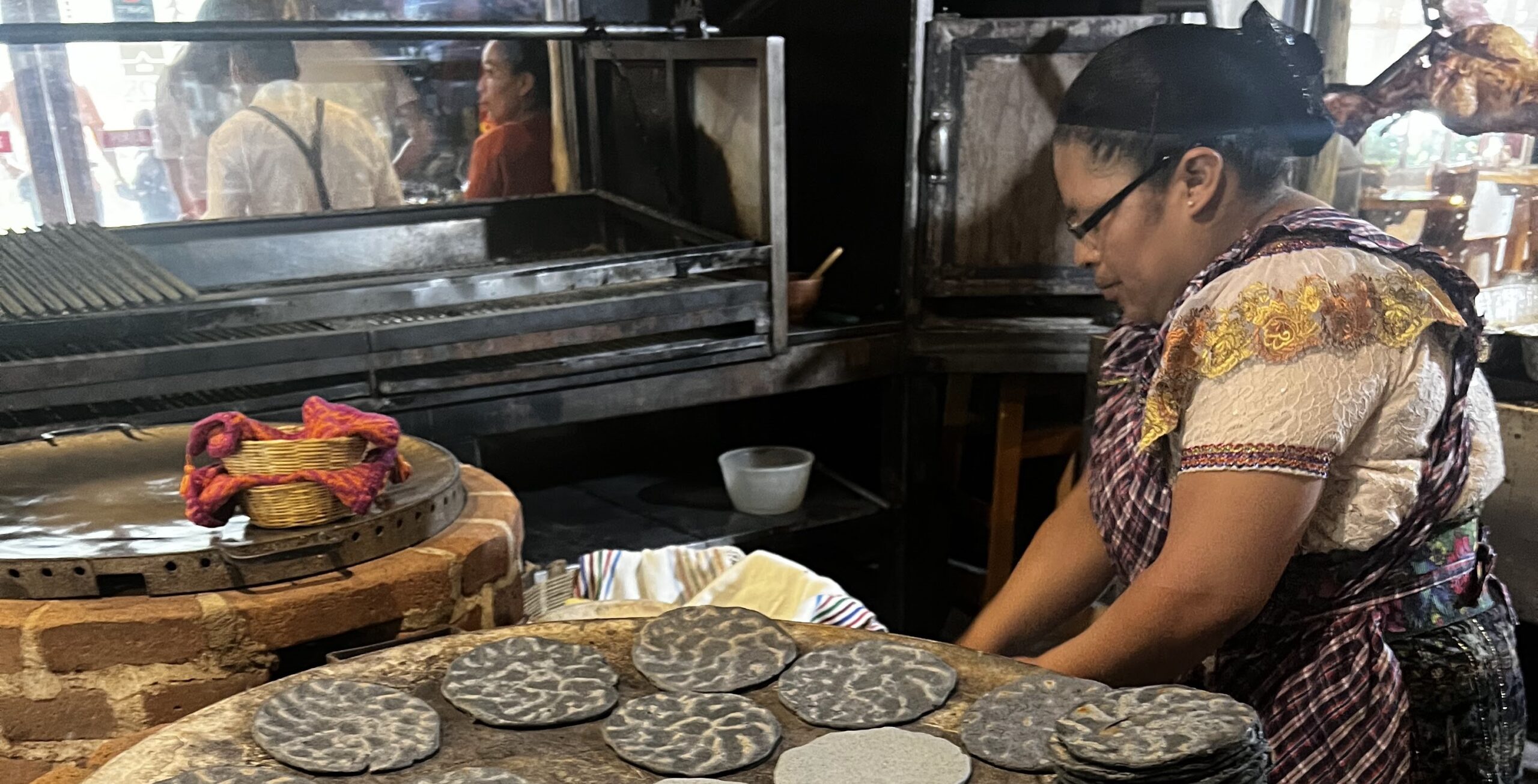In a world increasingly driven by consumerism and profit, a powerful movement is emerging—one that seeks to make a meaningful difference in the lives of the less fortunate. Fair Trade is not merely a label on your everyday products; it symbolizes a profound commitment to humanitarian values and social justice. In this article, we will delve into how choosing Fair Trade can be seen as an act of humanitarianism, benefitting both the hardworking producers in developing nations and conscientious consumers worldwide.
Understanding Fair Trade
Before we explore the humanitarian aspects of Fair Trade, it’s essential to grasp the essence of it itself. Fair Trade stands as a global force working to empower small-scale farmers, artisans and laborers in developing countries by ensuring fair wages, improved working conditions, and sustainable agricultural practices. Fair Trade-certified products bear a mark signifying that they meet the stringent standards set by Fair Trade International.
Empowering Farmers, Artisans and Workers
Foremost among the humanitarian merits is the direct empowerment of farmers, laborers and artisans in marginalized communities. Conventional global trade often exploits these vulnerable populations, perpetuating poverty and subjecting them to harsh working conditions. Fair Trade, conversely, guarantees that producers receive a fair price for their goods, enabling them to support their families, access education, and invest in the betterment of their communities. This empowerment serves as a pivotal step in breaking the cycle of poverty.
Investing in Education and Healthcare
The choice to shop Fair Trade transcends providing a fair income to producers; it significantly contributes to the enhancement of vital services within their communities. Numerous cooperatives and organizations allocate a portion of their earnings to education and healthcare initiatives. Thus, the purchase of products actively supports children’s access to education, healthcare facilities, and infrastructure development in some of the world’s most underserved regions.
Promoting Gender Equality
Gender equality stands as a fundamental facet of Fair Trade’s humanitarian mission. Many cooperatives are dedicated to empowering women within their communities, ensuring equal opportunities and representation. When consumers opt for Fair Trade products, they are endorsing the cause of gender equality and women’s rights, playing an active role in uplifting and empowering women who have historically faced marginalization and disadvantage.
Environmental Sustainability
Humanitarian efforts must encompass the long-term impact on our planet. It should extends its mission beyond fair wages to promote sustainable agricultural practices. Many Fair Trade products bear organic certification and are cultivated with minimal environmental impact. Thus, by supporting Fair Trade, consumers actively contribute to environmentally friendly farming practices and the preservation of our planet for future generations.
Consumer Empowerment
The humanitarian dimension of Fair trade is not confined solely to producers; it extends to conscious consumers as well. By choosing Fair Trade products, consumers exercise their purchasing power in favor of ethical and humanitarian values. They become integral to a global movement that values fairness, social justice, and sustainable development. Thus, shopping Fair Trade is a way for individuals to make a significant impact on global issues.
Fairtrade Certification and Transparency
Transparency plays a pivotal role in Fair Trade. When you purchase a product adorned with the Fair Trade certification mark, you can rest assured that producers have received a fair price for their goods. This transparency empowers consumers to make informed choices and trust that their purchases are contributing to a positive humanitarian impact.
Shopping Fair Trade is not just a transaction; it’s an act of humanitarianism with profound implications. It empowers marginalized producers, supports education and healthcare, champions gender equality, and advances environmental sustainability. Fair Trade is a movement that bridges the gap between consumers and producers, fostering a sense of global solidarity.
In a world where our consumer choices wield the power to shape lives and destinies, choosing Fair Trade products is a simple yet impactful way to make a difference. It represents a tangible commitment to humanitarian values and serves as a reminder that our everyday choices have the power to create positive change. So, the next time you shop, consider the significance of selecting Fair Trade products and become part of the global movement dedicated to a more humanitarian world.

